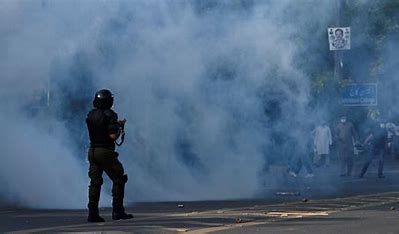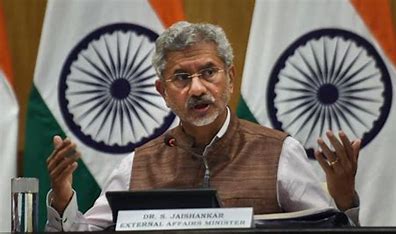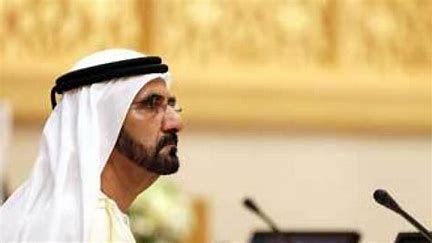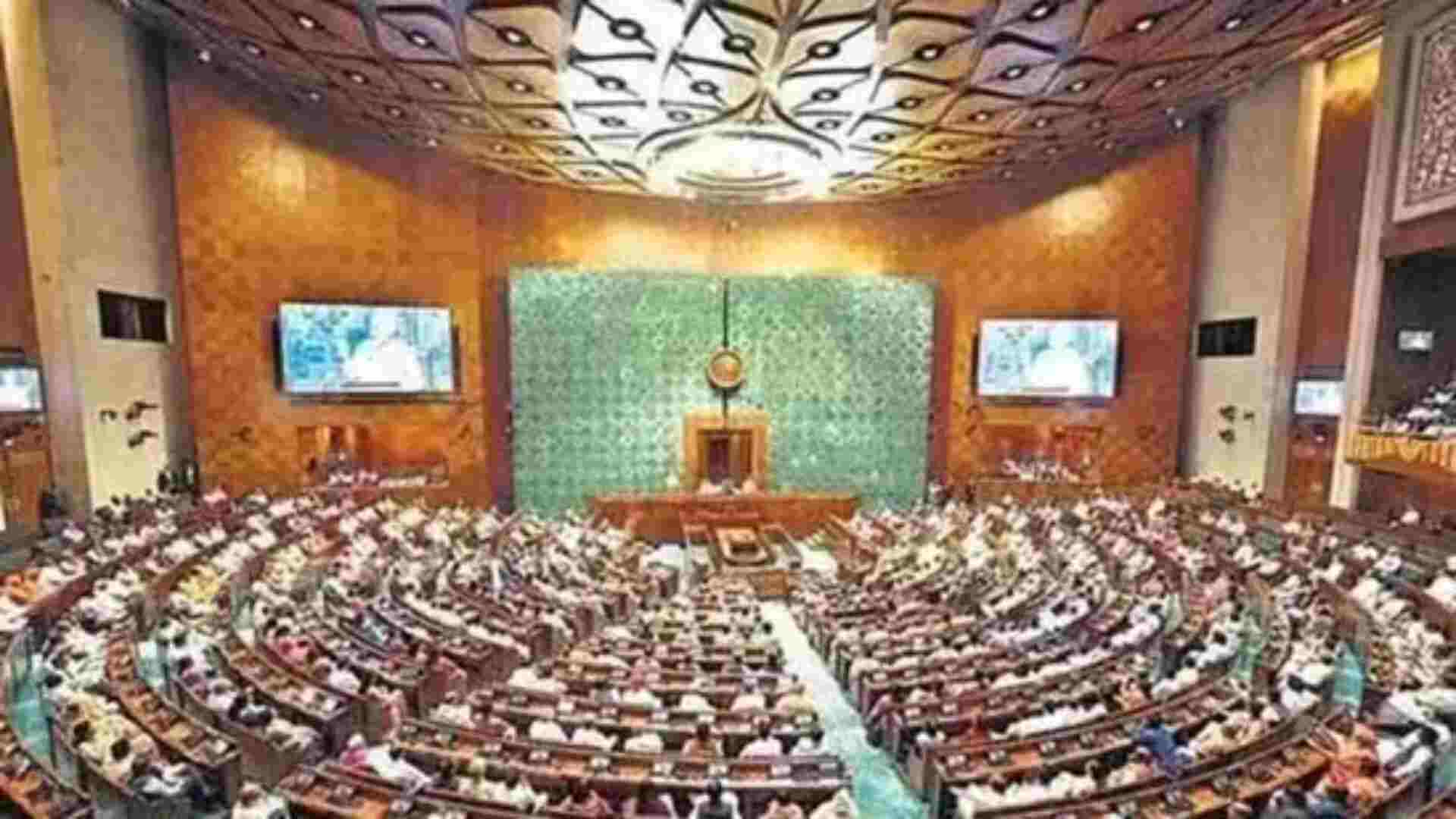
Union Home Minister Amit Shah has said that the Central government is contemplating revoking the contentious Armed Forces (Special Powers) Act (AFSPA) from the region of Jammu and Kashmir, alongside unveiling plans for the withdrawal of troops from the Union Territory.
In an interview with a local media channel of Jammu Kashmir, Shah affirmed the government’s commitment to evaluating the possibility of repealing AFSPA from Jammu and Kashmir in the near future. “The evolving situation in the region prompts us to expedite our deliberations on the revocation of AFSPA from Jammu and Kashmir. A paradigm shift is under consideration,” he said.
Responding to queries regarding the reduction of security forces’ presence in J&K amid improved law and order, Shah revealed that the government has devised a roadmap for troop withdrawal, slated to commence post-elections.
“We envisage a phased withdrawal of troops, entrusting law and order responsibilities solely to the Jammu and Kashmir Police. The transformation is evident, as the J&K police, once distrusted, now assumes a pivotal role in managing diverse situations,” Shah stated.
Highlighting the enhanced capabilities of the J&K Police, Shah noted the shift from reliance on CRPF and other security forces to empowering the local police force. “The J&K Police has emerged as a frontline force, effectively tackling challenges previously handled by central forces. Our focus remains on bolstering their capacities,” he added.
Shah reiterated that the initiation of troop withdrawal reflects the government’s confidence in the capabilities of the J&K Police. “This transition is already underway, evident in the proactive stance of the J&K Police. We provide central forces as auxiliary support, indicative of a transformative shift,” he explained.
As the process for troop withdrawal gains momentum, Shah’s remarks underscore the government’s commitment to fostering local governance and restoring normalcy in Jammu and Kashmir, reflecting a significant departure from previous security paradigms.















